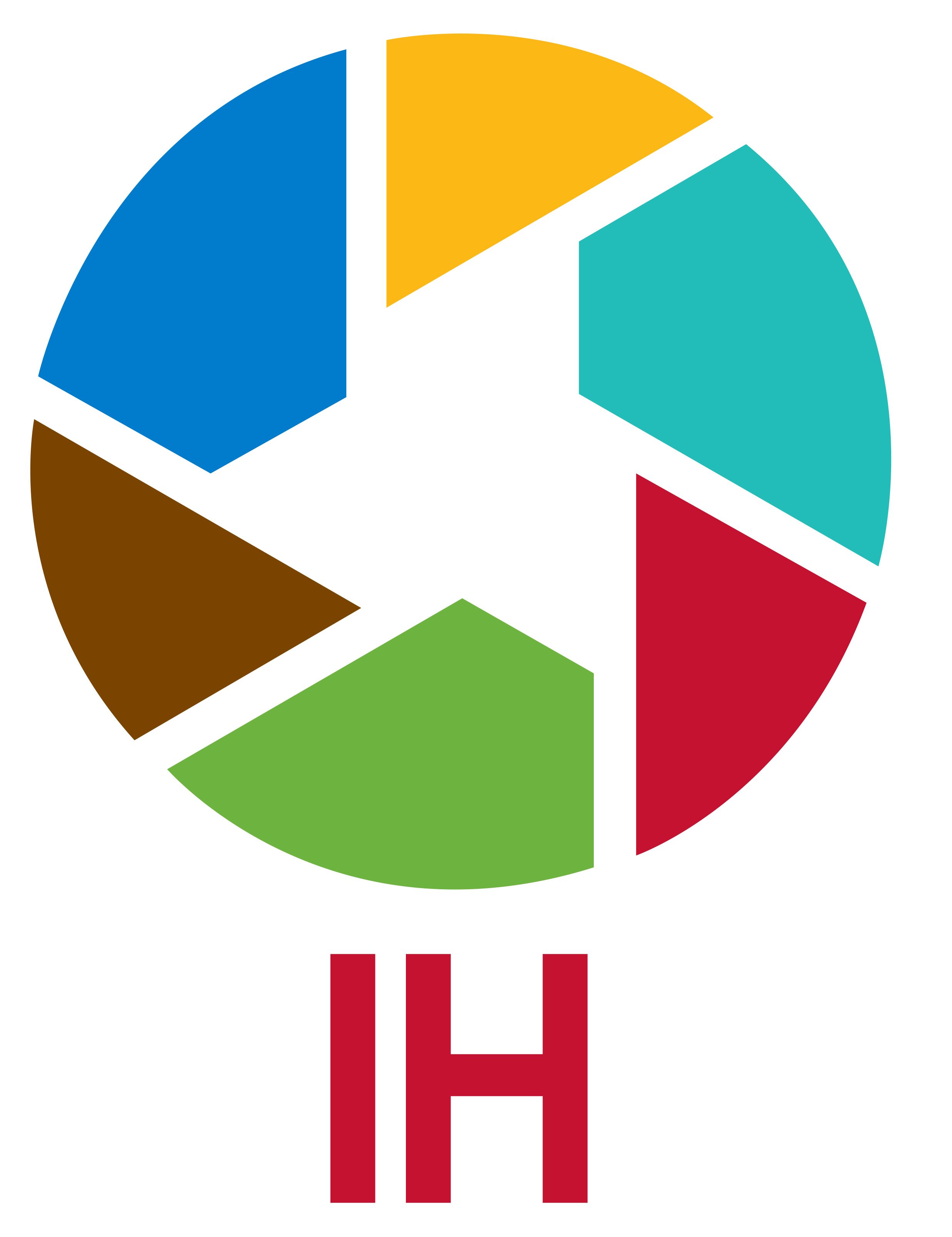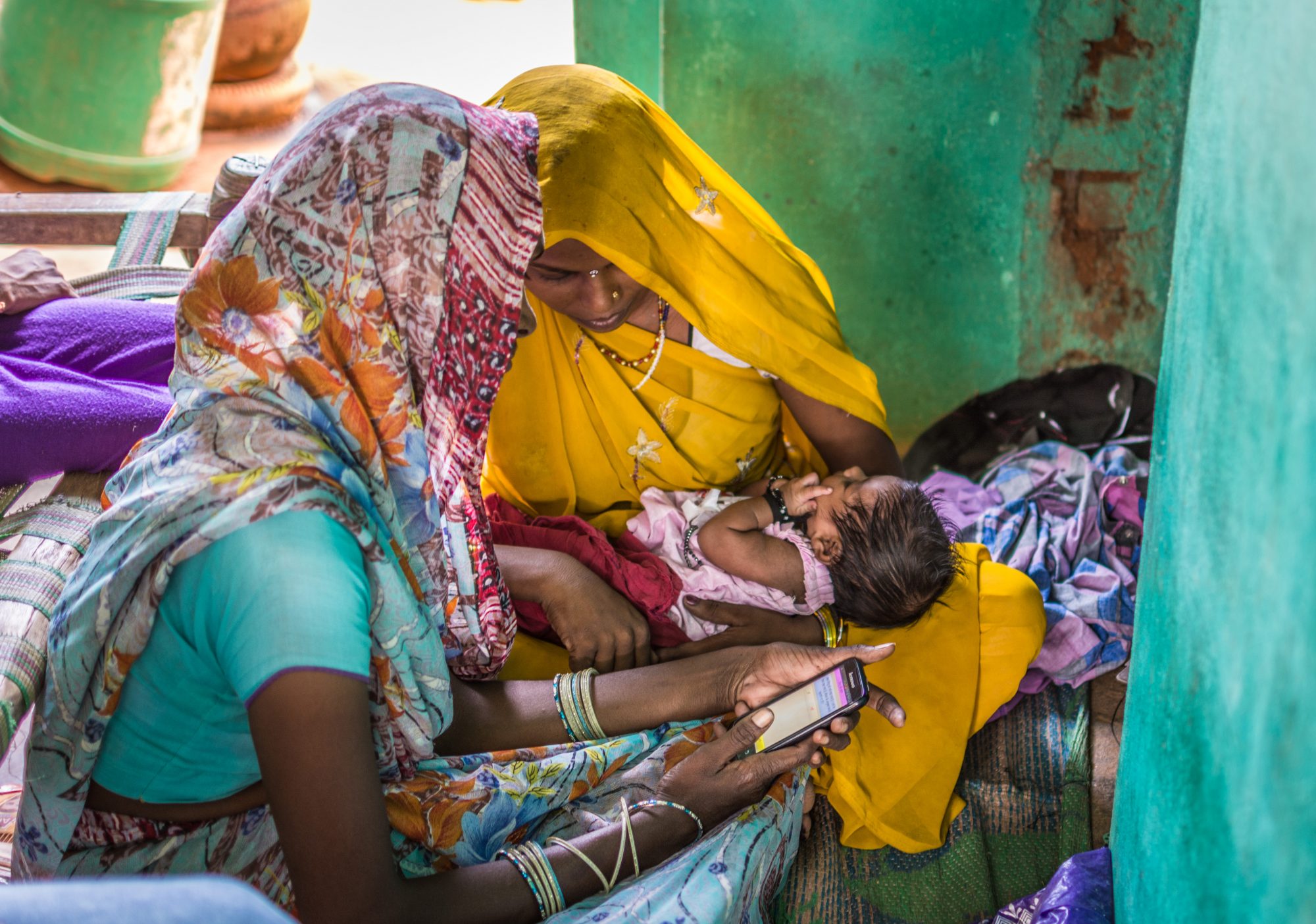By: Kiran Kamble, M.B.B.S., AFIH, MPH, PhD Candidate
After graduating with a medical degree, I started my professional career as a primary care physician in Mumbai, India, where I partnered with Government of India’s Revised National Tuberculosis Control Program (RNTCP) providing free diagnostic and treatment services to my patients suffering from tuberculosis (TB). In many cases, the financial savings these services created for the low-income families made them avoid bankruptcy. This challenging yet tremendously satisfying experience showed me the complementary nature of clinical medicine and public health. Later, when I took up a job at the World Health Organization supporting India’s RNTCP implementation through public private partnerships (PPP), I got to experience the tremendously influential role of the civil society in public health. Working with the not-for-profit and for-profit health and non-health organizations, I experienced first-hand the importance of socio-economic determinants in health policies and programs.
Later, as a consultant, I got the opportunity to work on diverse projects such as developing the bottom-up (from a village level) action plan for India’s national health sector reform initiative, mapping HIV/AIDS high-risk groups to develop focused behavioral interventions for these groups, operationalizing protocols for emergency first responders, evaluating India’s financial voucher scheme for reducing maternal mortality, and conducting a feasibility study to establish super specialty diagnostic centers through PPPs in underserved areas. I learned the crucial role a public health practitioner can play in shaping public health policy and implementation to improve lives.
My first foray into global public health (global health) was as a member of an international team tasked with revising health policies for the Government of Abu Dhabi. I was amazed with the complexity of developing a health policy, let alone implementing it. Stakeholder mapping, understanding, and accommodating demands of different groups, and balancing and prioritizing conflicting needs is as difficult as performing a heart transplant. I also understood how important it is for a public health practitioner to have basic knowledge of certain quantitative and qualitative skills. On learning those tools through an MPH from Harvard University, I got the opportunity to expand my experience in global health by providing consultancies to The Global Fund, various United Nations (UN) organizations, European Union (EU), United States Agency for International Development (USAID), and other global health organizations across 30 countries and counting. Working in fragile nations such as Afghanistan, Central African Republic (CAR), Haiti, Iraq, South Sudan, and Yemen as well as developed countries like Japan and South Korea, gave me insights into different health systems.
My global health experience keeps me grounded when I think of all those ordinary people doing extraordinary tasks that I had the opportunity to learn from. From the Auxiliary Nurse Midwife in a small tribal village in India, who despite being physically assaulted, continued her work of vaccinating children for decades traveling on foot across forests; the Catholic nurses and Ramakrishna Mission priests in Jharkhand, India, who tirelessly provided care to TB and leprosy patients; the community health workers in Iraq and Yemen who risked their lives to ensure availability of HIV, TB, and malaria medicines to hard-to-reach areas; the orthopedic surgeon manning a primary health care center in Afghanistan, working on a meagre salary of $120 per month yet providing free care to the poor; the medical doctor in Guyana who spent after work hours educating people about HIV prevention in his community; the warehouse stock keeper in Haiti who acquired a supply chain management diploma to contribute to strengthening medicine supply in his country; the woman NGO owner in Somali, Ethiopia, who without any technical knowledge or experience, conceptualized a revolving fund system using funds from The Global Fund grant to help people living with HIV establish their own small-scale businesses; the Director of TB Control in Solomon Islands who spent his own funds to travel across the islands to monitor the program; the District Administrator in Oyam, Uganda, who underwent training for malaria control and attended as many village-level camps as he could to motivate his staff; and the Peace Corps volunteers from the United States who get out of their comfort zone to live and work on social projects in the most remote parts in the developing world. There are so many such stories that may never be told but will always inspire me. Besides, COVID-19 has shown us how unavoidably interconnected we are and how important the global health approach is.
So, some of you who want to make a career in global health but wonder how to go about it? Here are my two cents. Most important, in my opinion, is having a passion for public health and acknowledging that it is more than a job. I chose the path of consultancies against a full-time job as I wanted to explore different program areas and it suited my personality better. It is, however, not easy to immediately take a plunge into the world of consultancy. One would need to establish some work experience and build their network. I will give network building a higher level of importance and it should start right from when you are as a student. Try and identify your interest area and reach out to the experts in your field – seeking knowledge of the field and advice on how to maneuver your career path. It is easier said than done but you would be surprised how many would respond to you, provided that you do not put them on the spot by asking for a job recommendation. Use your school faculty and alumni to make such connections and actively use professional networking platforms. Learn what specific skill sets organizations are looking for in your field of interest. Get to know the keywords they look for and try and get those skill sets into your curriculum vitae through the academic route first. At the end I have listed a few resources, apart from your very own APHA membership, that will help you explore global health organizations and jobs.
From my understanding, one of the core requirements in global health, in addition to domain knowledge, is the readiness to travel internationally and relocate, at least initially. The rewards are tremendous personally, academically, professionally, and financially too. Global health will make your friend circle and professional network grow exponentially. And please do not forget the pleasure and honor of interacting with different cultures and learning from them! After having explored a few different career paths myself, medical practice, pharmaceutical manufacturing and retail, and occupational health consulting, I can unequivocally state that there are few other fields like global health that give such breadth and depth of knowledge, exhilaration, soul-satisfaction, and adrenaline rush. Of course, as any other profession, there are risks and stressors, but the benefits certainly outweigh the risks.
A few photos from my global health journey:




Photo Captions
Top Left: Director of National Malaria Program directing his driver through a flooded street in Dushanbe, Tajikistan.
Bottom Left: Hotel constructed from shipping containers in Juba, South Sudan.
Middle: This may just be the world’s smallest pharmacy – in Port-au-Prince, Haiti.
Right: The smallest plane (6-seater) I have ever traveled in. The pilot asked me to plug a piece of paper in this aperture to keep it open so that air pressure inside the cabin was maintained– Solomon Islands.
Global Health Resources
https://www.fic.nih.gov/Global/Pages/NGOs.aspx, https://www.albany.edu/globalhealth/organizations-working-global-health, https://sph.umich.edu/global/non-governmental-orgs.html; https://ocs.fas.harvard.edu/explore-careers/global-health; https://www.who.int/emergencies/partners/non-governmental-organizations; https://www.tephinet.org/global-health-and-international-nonprofit-organization-websites; http://www.imva.org/Pages/orgfrm.htm;


